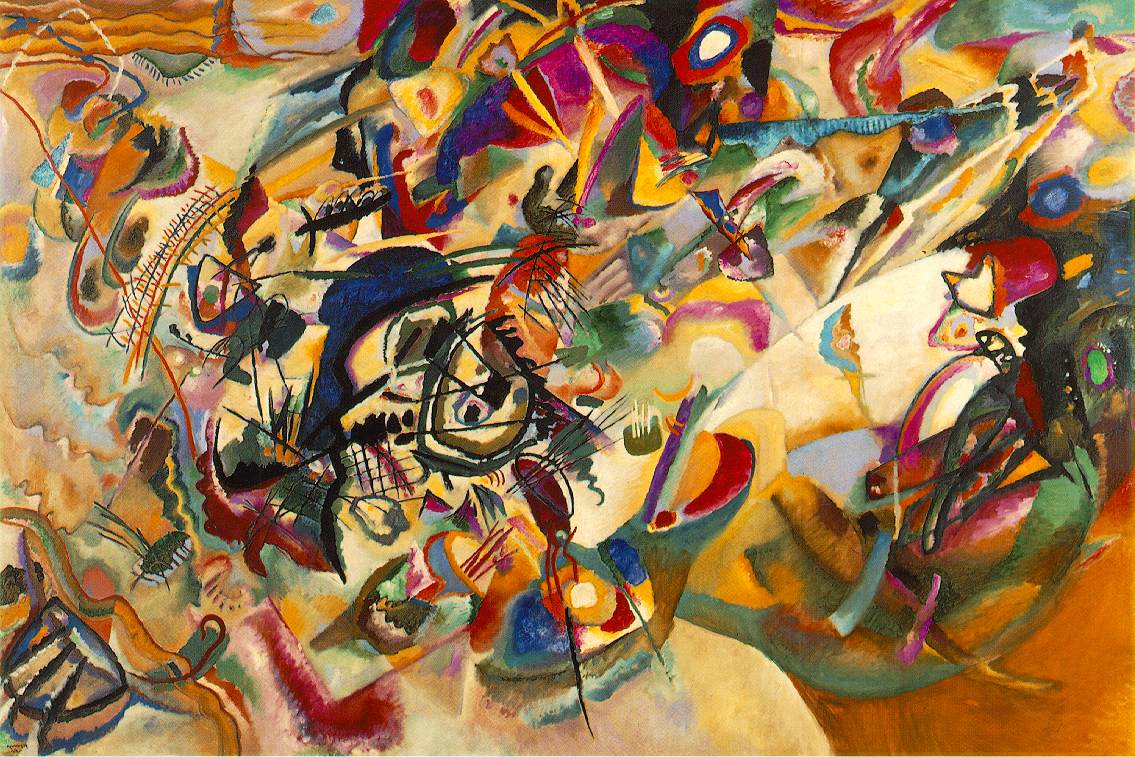
It’s a crime that so many of us persist in evaluating our creative success along linear lines. I struggle regularly to remind myself that progress is not restricted to moving in one direction, but even though I’m pretty good at remembering that, I still feel ever so vaguely demoralized when I discover I need to return to a place in my work I thought I’d left behind for good. This is better than how I used to be, but like most humans on earth, finding the time to write is always a challenge, so I’m constantly striving to rid my practice of unnecessary energy sucks. And much as knowing that writing isn’t linear has helped, it’s not quite enough to keep my sails from flagging when I find myself face to face with a block I’ve both generated and need to dismantle. So lately I’ve been wondering: Is it possible to learn to welcome setbacks? And not in that trying too hard, Pollyannaish, head-in-the-sand fashion that makes it feel like you’re one step away from joining a nudist colony or cult?
Last year, I accidentally gained twenty pounds. When I was younger, this would have been devastating, but now I kind of think I like that in a person. I grew up underfeeding myself on many levels, and the fact that I spent twelve months grossly overestimating the amount of food I need is a sort of accomplishment. Sure, I’d much rather continue to eat peanut butter recreationally than go on Weight Watchers, but there’s that small but sure sense of what this extra flesh represents that makes losing it not seem all that bad. Yet while I see the parallels between how I see this setback and how I might see my writing setbacks, the transfer of attitude is not a simple one. For one, I don’t really care anymore what the scale says, but it’s also true that falling behind in my writing is so discouraging in large part because I’m always anxious to leap ahead.
The irony, of course, is that the non-linearity goes both ways. Sometimes I’ll find myself punching out nearly whole chapters in quick succession with little warning that they’re on their way. And it’s unlikely that I’ll get to enjoy that aspect of the writing experience without also incorporating its opposite – those weeks when I can’t seem to pull together a single sentence I like, or, say, when I realize that the first 7/8 of my new novel needs to be entirely restructured.
As I write this, I wonder if part of my own trouble lies in a failure to completely trust this process. Engaging wholeheartedly in a linear process seems so logical and intellectual, while committing to a non-linear one feels like a shaky leap of faith I might regret later. But there must be a profound sensibility to non-linearity, too, given how often it appears – and flourishes – when allowed to run its course in creative work. So maybe the trick isn’t so much to learn to welcome these setbacks, but to see them as a fundamental part of a larger system, to understand that it’s the meaning I attribute to the process that often gets in my way, not the process itself.
Art: Wassily Kandinsky
Love it! And completely relate to your process! Stay strong, be well! From Gene and Chaco in Tombstone Arizona USA. Aka: Hunter and The Rez Dog.